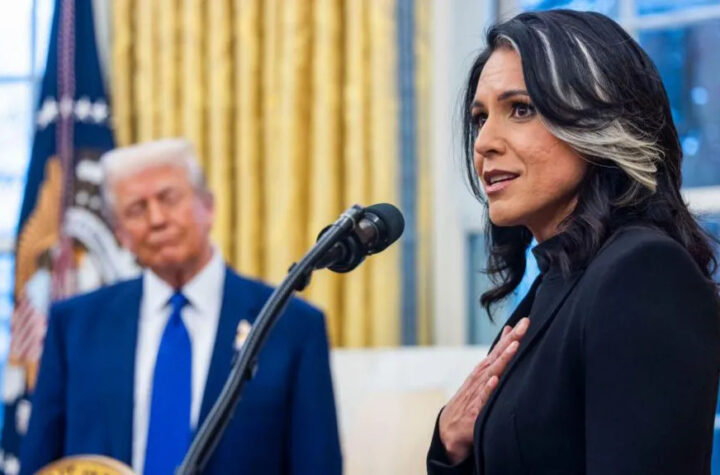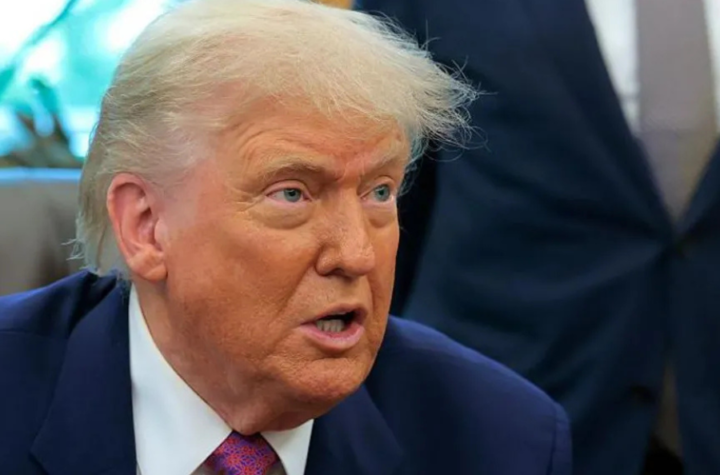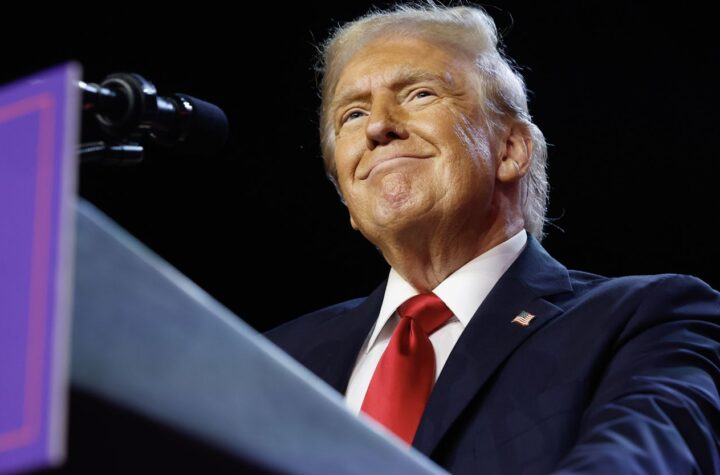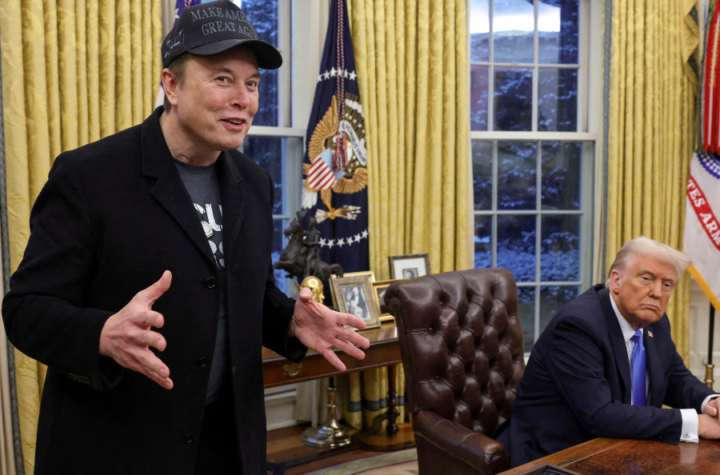On Wednesday, Russia conducted aerial bombings on Kharkiv, northeastern Ukraine, resulting in the deaths of at least one civilian and injuries to 16 others, according to local authorities. The airstrikes inflicted extensive damage, hitting multiple residential buildings and causing harm to the city’s emergency surgery institute. This marks the first instance of aerial bomb usage in Kharkiv since 2022, signalling a heightened level of aggression from Russia.
In recent days, Russia has intensified its assaults on Ukraine, launching numerous missile strikes on the capital city of Kyiv and targeting energy infrastructure across the country. These actions appear to be retaliatory measures following Ukrainian aerial attacks on the Russian border region of Belgorod. However, sporadic attacks like these have been recurrent throughout the ongoing conflict.
Kharkiv lies within the contested region where Ukrainian and Russian forces have engaged in fierce battles for over two years since Russia’s full-scale invasion of Ukraine in February 2022. The area has frequently been subjected to missile strikes and drone attacks, exacerbating the already dire humanitarian situation.
Sergey Bolvinov, head of Kharkiv’s investigative police department, confirmed via Telegram that Wednesday’s assault marked the resumption of aerial bomb usage since 2022. Regional governor Oleh Syniehubov also corroborated reports of the airstrikes, highlighting the gravity of the situation.
This escalation in violence comes at a time when Ukrainian forces are grappling with significant challenges, including manpower shortages and depleted ammunition supplies.
In response to the evolving security landscape, Ukrainian President Volodymyr Zelenskyy recently implemented changes within his security apparatus. Zelenskyy terminated Oleksii Danilov, the secretary of the National Security and Defence Council, appointing Oleksandr Lytvynenko, the former head of Ukraine’s Foreign Intelligence Service, as his replacement.
The National Security Council, chaired by President Zelenskyy, plays a crucial role in coordinating policy decisions related to national security. Danilov’s dismissal, without a specified reason, underscores Zelensky’s commitment to ensuring effective leadership in critical positions. This move follows Zelenskyy’s earlier decision to replace Ukraine’s chief military officer, Gen. Valerii Zaluzhnyi, amid tensions arising from the military’s performance during the 2023 summer counteroffensive.
As the conflict continues to evolve, Ukraine remains steadfast in its efforts to defend its sovereignty and confront external aggression while navigating internal challenges to strengthen its security apparatus.











More Stories
Empowering Entrepreneurs: The Visionary Leadership of Payal Agarwal Jain
Jojo Acharya: Visionary Leader in People Analytics Driving Innovation and Business Growth
The AI Leader Shaping the Future of Work: Talamanchi Sai Yaswanth Reddy